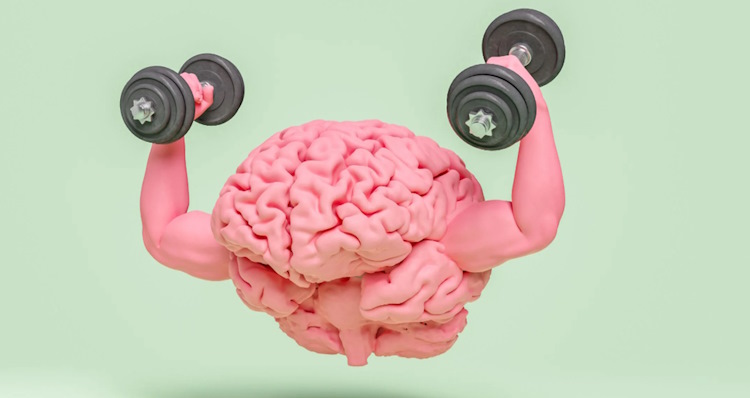Hypertension in PED Users and Bodybuilders
Hypertension, commonly known as high blood pressure, is a serious medical condition that affects millions of individuals worldwide. While it can be caused by various factors, one particular group that faces an increased risk of developing hypertension is performance-enhancing drug (PED) users, including bodybuilders. This article aims to shed light on the relationship between PED use, bodybuilding, and hypertension, while providing practical steps to manage and reduce the associated risks.
Performance-enhancing drugs, such as anabolic steroids and growth hormone and even some stimulants, are often used by bodybuilders to enhance muscle growth, strength, the ability to lose body fat, and overall athletic performance. Unfortunately, the use of these substances comes with potential health risks, including the development of hypertension.
- Mechanism of action:
PEDs can lead to hypertension through various mechanisms. Anabolic steroids, for instance, can cause an increase in blood pressure by altering the balance of hormones and electrolytes in the body. This may result in the retention of sodium and water, as well as an increase in sympathetic nervous system activity, leading to elevated blood pressure levels.
- Renin-angiotensin system:
PEDs may also affect the renin-angiotensin system, a hormonal cascade that regulates blood pressure. Studies have shown that anabolic steroids can stimulate the production of angiotensinogen, a precursor of angiotensin II, a potent vasoconstrictor. This can lead to increased peripheral resistance and hypertension.
- Lifestyle factors:
Beyond the direct physiological effects of PEDs, lifestyle factors associated with bodybuilding can also contribute to hypertension. These may include excessive sodium intake from processed foods, inadequate potassium consumption, and stress associated with intense training regimens.
Managing and reducing the risks
- Consult a healthcare professional:
If you are a PED user or bodybuilder concerned about hypertension, it is crucial to consult a healthcare professional. They can evaluate your current health status, provide guidance on managing blood pressure, and monitor any potential complications.
- Lifestyle modifications:
Implementing healthy lifestyle changes can significantly help manage and reduce the risks associated with hypertension. Consider the following:
- Diet: adopt a well-balanced diet rich in fruits, vegetables, whole grains, lean proteins, and low-fat dairy products. Limit sodium intake by avoiding processed and high-sodium foods. Increase potassium intake through foods like bananas, spinach, and avocados.
- Regular exercise: engage in regular physical activity, focusing on a combination of cardiovascular exercises and strength training. Consult a fitness professional to develop a safe and appropriate exercise routine.
- Stress management: implement stress reduction techniques such as meditation, deep breathing exercises, yoga, or engaging in hobbies that promote relaxation. Adequate sleep is also essential for overall well-being.
- Consider avoiding PEDs: some individuals just lack the proper genetic setup and/or fitness level to benefit from using PEDs. In that case, consider the long-term pros and cons, including the risk of hypertension. At least for a while, explore other alternatives and focus on sustainable training and nutrition practices.
- Blood pressure monitoring:
Regularly monitor your blood pressure levels at home using a reliable blood pressure monitor. Maintain a record of readings to help identify any potential trends or abnormalities. If consistently high readings occur, consult a healthcare professional for further evaluation.
- Medication, if necessary:
In some cases, lifestyle modifications may not be sufficient to control hypertension. If prescribed by a healthcare professional, adhere to the recommended medication regimen and attend follow-up appointments to monitor your progress.
In conclusion, hypertension poses significant health risks for PED users and bodybuilders. By understanding the mechanisms of action, as well as the hormonal and behavioral link between PED use, bodybuilding, and hypertension, individuals can take the proper steps to manage and reduce these risks. Keep in mind that hypertension is a serious condition that requires proactive management. By taking steps to monitor blood pressure, adopting healthy lifestyle habits, and seeking medical guidance when needed, individuals can mitigate the risks associated with PED use.









